- Plan ItBack
- Design ItBack
- Build ItBack
- Homes
- ProductsBack
- CostsBack
- Self Build Cost Calculator
Estimate your project costs instantly with Build It's interactive self-build cost calculator
Calculate Now - Costs & Finance
- Contracts & Warranties
- Build It Estimating Service
Get an accurate, detailed cost breakdown of your project
Submit plans
- EventsBack
- My Account
Q&As
Can I contest a CIL charge on my planning approval to extend?
We purchased a rundown property on auction. It had been empty for some time (we're not sure how long) and fallen into disrepair. The plan is to create a spacious family home with a double-storey rear extension and a single-storey side extension, plus a loft conversion. It’s taken two years to get approval due to COVID and other delays, but we received planning consent last month and hope to start work in the new year. However, we’re now faced with a £21,000 Community Infrastructure Levy (CIL) bill.
Is there any way we could qualify for an exemption? The extension is less than 100m2 (probably around 60m2). We have been paying the full council tax rate (as our area does not have a lower band for unoccupied properties), so we’ve been contributing to the community all this time. What options do we have for contesting the CIL charge?


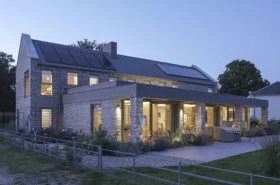

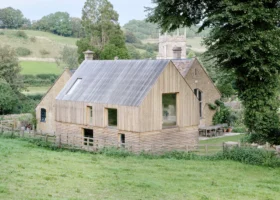

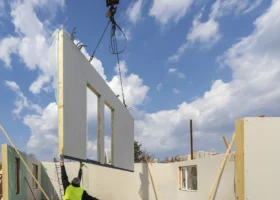











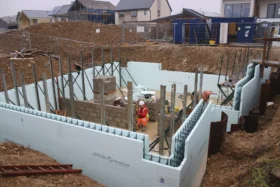

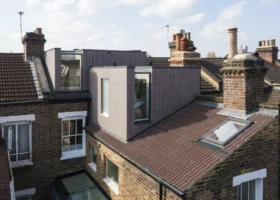



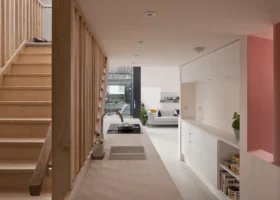

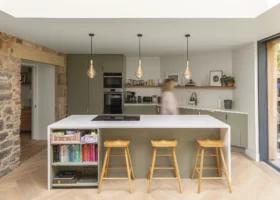
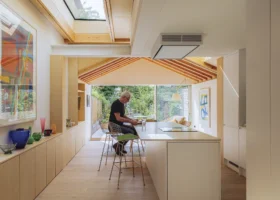

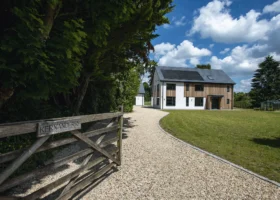

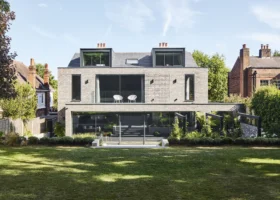

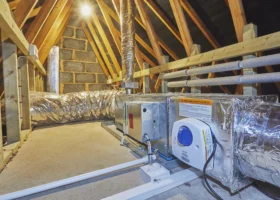
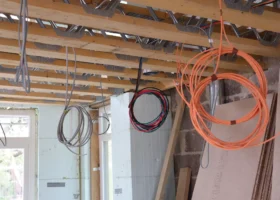


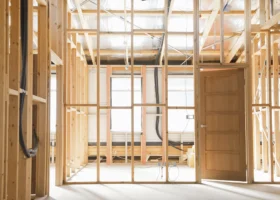
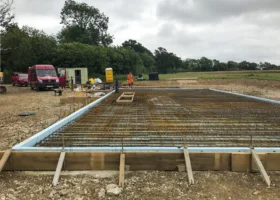


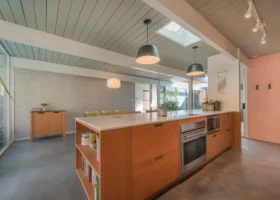


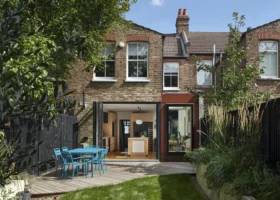


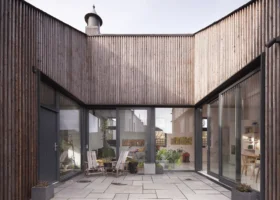
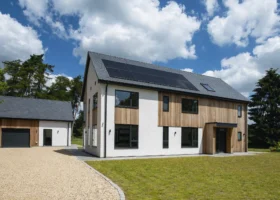

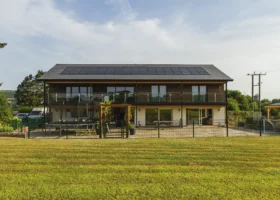



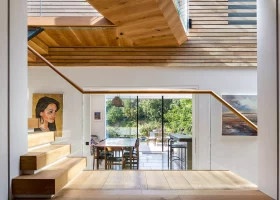
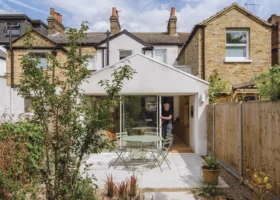

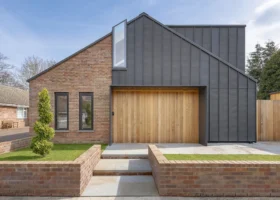

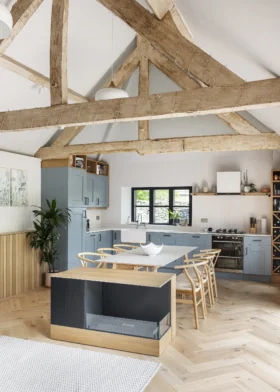
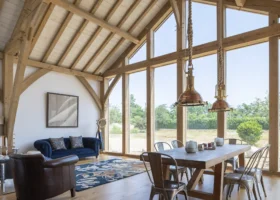

















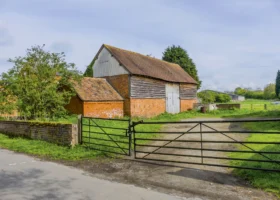
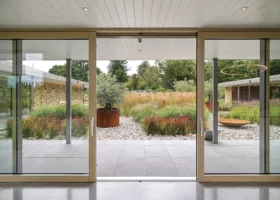





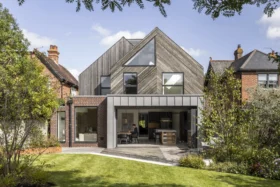








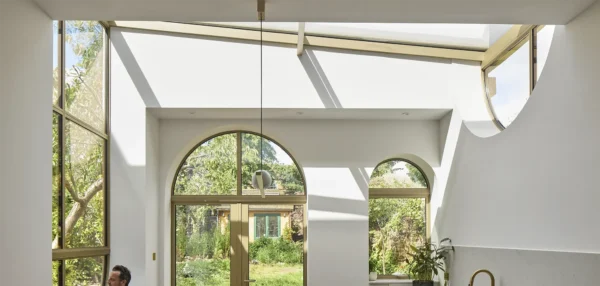






The Community Infrastructure Levy (CIL) is a charge introduced by the government, which councils set on new development to help fund local services and infrastructure. It is mostly paid by developers building new homes. However, some larger extensions over 100m2 to existing homes are also chargeable. You can net off the existing floorspace of the house, but only if it was occupied for six continuous months of the 36 previous months. If the house has been vacant for a long time, it could pose difficulties.
However, there are some exemptions that can be claimed. Residential extensions are usually exempt if they are to be your main residence. It is very important to follow the correct procedure, using the right forms at the appropriate steps, otherwise the exemption will not be valid.
CIL is extremely complicated, so in my view it is best to take specialist legal advice. It is also worth trying to talk it through with your local council’s CIL officer – they are often quite helpful. However, it is possible that a large CIL bill will be due if you are proposing large extensions to a house that has been empty for some time and is not your primary residence.
Martin Gaine (Build It planning expert)